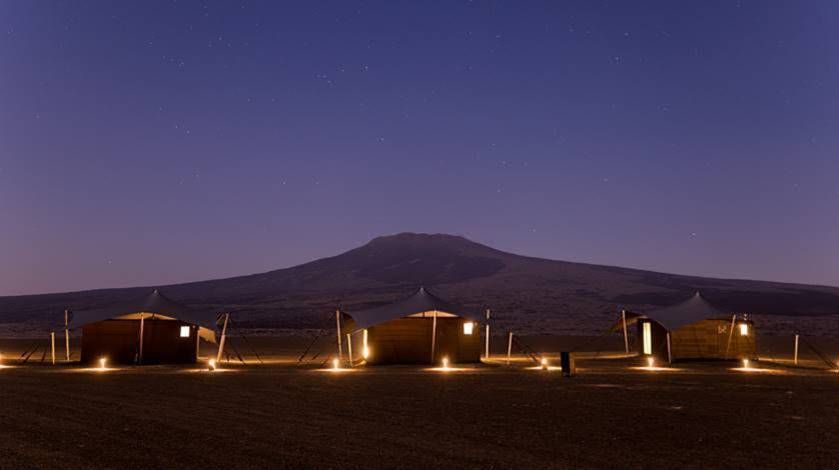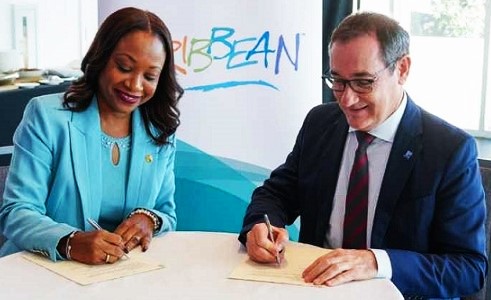Brazil tourism undergoes renewal
Brazil’s tourism industry has undergone a renewal, with infrastructure and security investments helping restore it to pre-pandemic levels.
The country has also increased its air frequencies to pre-2020 levels, and over 80% of the population has received at least 2 COVID vaccine doses. As a result, Brazil is again seeing positive numbers of international arrivals and spending on tourism.






















